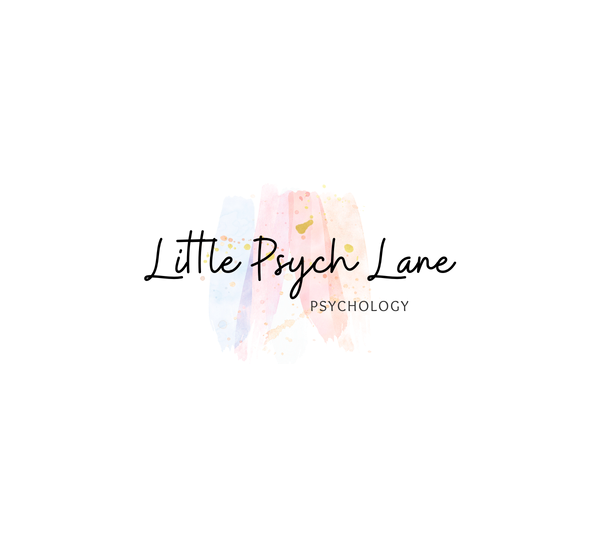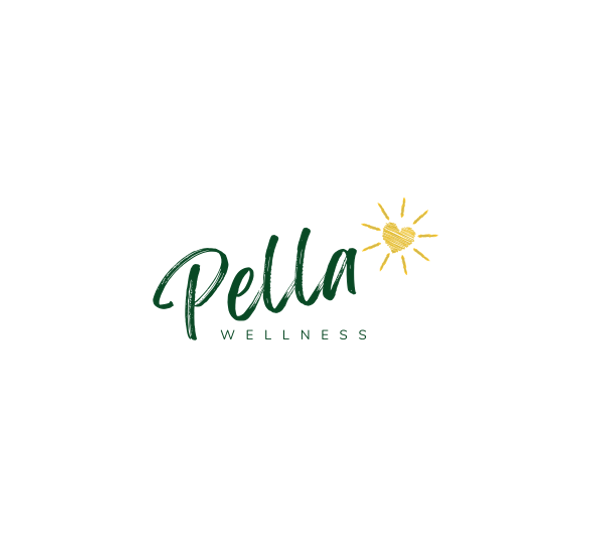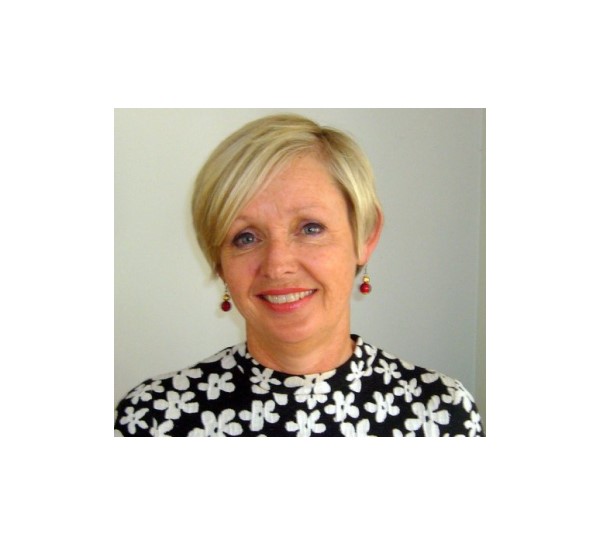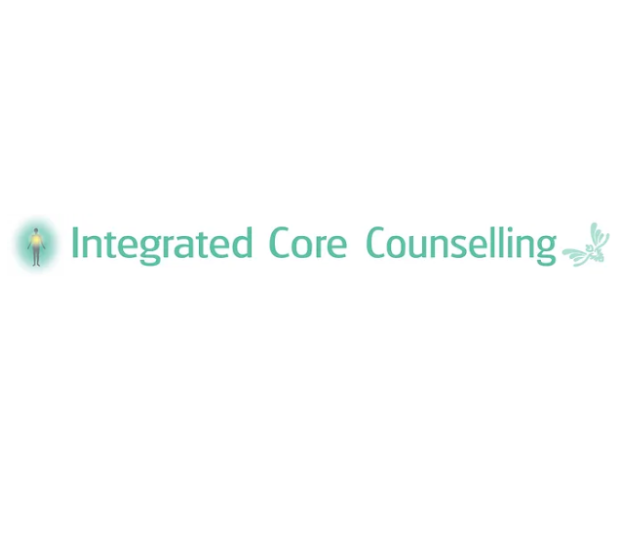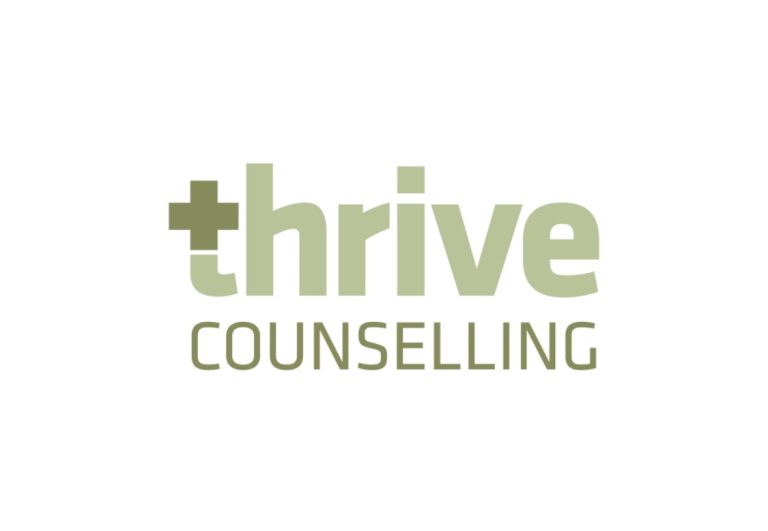Frequently Asked Questions:
Child or Adolescent Therapy in Brisbane
1. What is child and adolescent therapy?
Child and adolescent therapy is a form of therapy designed to help young people navigate emotional, psychological, and behavioral challenges. It provides a safe space for children and teens to express their feelings, develop coping strategies, and work through issues with the guidance of a trained counsellor.
2. How do I know if my child needs counselling?
If your child is experiencing ongoing difficulties such as anxiety, depression, behavioral issues, or changes in mood, it may be beneficial to seek counselling. Other signs include withdrawal from social activities, changes in academic performance, and difficulty coping with family changes or trauma.
3. What can my child expect during a counselling session?
During a counselling session, your child can expect to talk about their feelings and experiences in a safe and non-judgmental environment. Depending on their age and needs, sessions may also include play therapy, creative arts therapy, or other interactive activities that help them express themselves and work through their challenges.
4. How long does counselling take to show results?
The duration of counselling varies depending on the child’s individual needs and the issues being addressed. Some children may benefit from just a few sessions, while others may need ongoing support over a longer period. Your counsellor will work with you to develop a tailored treatment plan and provide guidance on the expected timeline.
5. Is family involvement necessary in child counselling?
Family involvement can be an important part of the counselling process, especially when dealing with issues that affect the entire family, such as divorce or loss. Your counsellor may recommend family sessions or provide guidance on how you can support your child’s progress at home.
6. Are counselling sessions confidential?
Yes, counselling sessions are confidential. Counsellors are bound by ethical guidelines to protect the privacy of their clients. However, there may be exceptions in cases where the counsellor believes the child is at risk of harm, in which case they may need to involve other professionals to ensure the child’s safety.
7. How do I choose the right counsellor for my child?
Choosing the right counsellor involves considering factors such as the counsellor’s experience with children and adolescents, their therapeutic approach, and their ability to connect with your child. It’s also important to find someone who specialises in the specific issues your child is facing. You can start by exploring our directory of qualified counsellors in Brisbane who are experienced in working with children and teens.
8. What if my child doesn’t want to go to counselling?
It’s common for children and teens to be hesitant about counselling. It’s important to talk to them about what counselling involves and why it might be helpful. Sometimes, involving them in the process of choosing a counsellor or allowing them to ask questions before starting can ease their concerns. Your chosen counsellor can also help in making the process comfortable for your child.
9. How much does child and adolescent counselling cost in Brisbane?
The cost of counselling can vary depending on the counsellor’s experience, the type of therapy provided, and the length of sessions. It’s best to discuss fees with the counsellor directly before starting the sessions.
10. Can counselling help with school-related issues?
Yes, counselling can be very effective in helping children and teens manage school-related stress, including academic pressures, social challenges, and issues like bullying. A counsellor can provide strategies to improve focus, reduce anxiety, and build resilience in the school environment.

